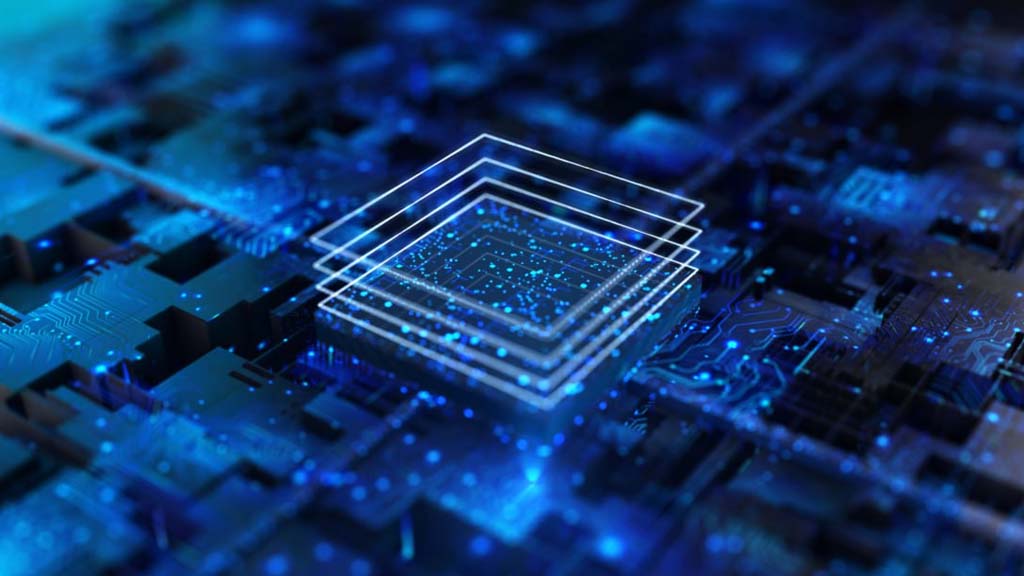Hold onto your hats, tech enthusiasts! Whispers from the industry suggest that Chinese tech giant Huawei might be on the cusp of a revolutionary breakthrough in artificial intelligence. Reports are circulating that the company has developed an AI inference technology solution that could potentially outperform the highly sought-after High Bandwidth Memory (HBM) chips currently dominating the AI hardware landscape.
The Shocking Claim
According to unconfirmed but persistent reports, Huawei’s new AI inference tech is not just competitive but potentially superior to existing HBM-based solutions. This isn’t just about speed; it’s about efficiency, processing power, and potentially a more streamlined approach to handling the intense computational demands of AI inference – the process where an AI model makes predictions or decisions based on new data.
If these claims hold true, it would represent a significant leap forward, offering a powerful alternative in a market currently constrained by the supply and cost of HBM chips. Such a development could reshape how AI models are deployed and scaled globally.
What Are HBM Chips Anyway?
For those not steeped in the world of semiconductors, HBM chips are a type of high-performance RAM (Random Access Memory) crucial for advanced AI applications, particularly for training large language models and complex neural networks. They are designed to stack multiple memory dies vertically, allowing for incredibly high bandwidth and efficiency in data transfer – essentially, they help AI processors get the data they need, super fast.
While HBM chips are incredibly powerful, their production is complex, often leading to supply bottlenecks and high costs. This is where Huawei’s reported innovation could truly shake things up, offering a potentially more accessible or efficient path to high-performance AI.
Huawei’s Potential Game-Changer
This rumoured development comes at a time when Huawei is heavily invested in building out its domestic AI ecosystem, particularly in response to international sanctions that have limited its access to cutting-edge Western chip technologies. A homegrown solution that surpasses current industry benchmarks would not only bolster Huawei’s standing but also significantly advance China’s self-sufficiency in critical AI hardware.
While details remain scant and the reports are still unofficial, the mere speculation is enough to send ripples through the global tech community. If Huawei has indeed found a better way to handle AI inference, it could force rivals to re-evaluate their strategies and accelerate the search for next-generation AI hardware.
The tech world will be watching closely for any official announcements or further leaks from Huawei, as this potential breakthrough could signal a new era in AI computing.






